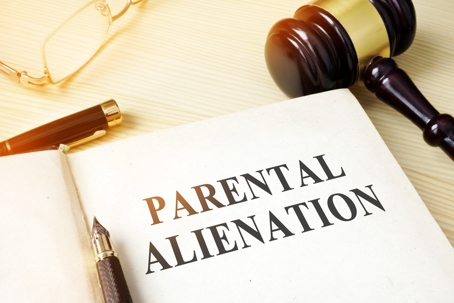BACKGROUND
The parties in this matter were never married, nor did they live together. They dated for just over a year and had a child after the relationship ended in 2012. The mother had been the primary caregiver since the child’s birth. The father claimed that the mother had made all decisions regarding child’s life without consulting with him and consistently refused to consider his opinion, the father had never enjoyed overnight parenting with his child. In addition, he was left in the dark regarding the child’s extracurricular activities, schooling and health. This case involved one-sided high conflict parenting by the mother. From the child’s birth to about 2015, the father had regular parenting time, but this parenting time was always in the presence of the mother. After learning of the father’s new girlfriend, the mother changed her demeanor toward the father and his parenting time, often sending the child to play dates or birthday parties on the fathers one parenting day per week. Moving forward the mother was openly hostile toward the father, denying proposed parenting schedules and mediation. The father attempted to show his willingness to become a better parent by enrolling in a co-parenting course, which the mother did not participate in. The mother continued to become more and more hostile, which fostered her unsubstantiated allegations of physical abuse by the father toward the child and two separate CAS investigations reported by her. Finally, the child became hostile with the father, refusing to see him and clearly being influenced by the mother. This was a clear case of parental alienation. Accordingly, the Office of the Children’s Lawyer (OCL) was appointed.
ANALYSIS
The OCL made findings which included that both the mother and father were to engage in a therapeutic reunification process to address the family dynamics and that the child remain in the primary care of the mother, with the father having access. When dealing with parental alienation cases, the court has four remedies to choose from:
- Do nothing and leave the child with the favoured parent (here the mother);
- Reverse decision-making and primary residence and place the child with the rejected parent;
- leave the child with the favoured parent and order therapy and counselling; or
- provide a neutral, transitional placement for the child and order therapy to as to facilitate a placement with the rejected parent at a later date.
The trial judge made it very clear that alienation is abuse. The recommendation from the OCL that the child stay in the care of the mother was not found to be in her best interests. The judge therefore chose not to follow the recommendation of the OCL, as they are not required to do so. It was ordered that the child reside primarily with the father and that he have sole decision-making responsibility of the child.
For more information, please call us at Feldstein Family Law Group P.C. or contact our firm online

